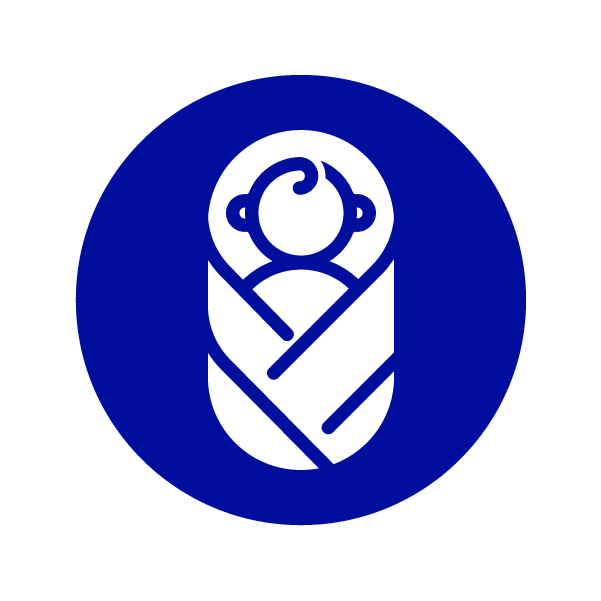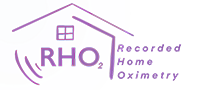THE RHO PROGRAM
BACKGROUND
The Recorded Home Oximetry (RHO) Program is an evidence-based, remote patient monitoring program that facilitates safe and effective weaning of home oxygen therapy (HOT) in premature infants. RHO provides objective data and is transmitted via Wi-Fi-enabled oximeters, allowing providers to assess oxygenation status and titrate oxygen between clinic visits.
Utilization of RHO as standard protocol has increased HOT utilization, decreased neonatal intensive care unit (NICU) length of stay, decreased HOT duration, and decreased the incidence of adverse events while weaning. As a result, the RHO program promotes familial bonding and healthy neurodevelopment while decreasing parental stress.
PROBLEM

Currently, a third of preterm infants will
require home oxygen therapy after NICU
discharge
Including 60% of those born at gestational
ages 23-24 weeks

The use of Home Oxygen Therapy is
highly variable due to lack of consensus
based guidelines for safe
management
SOLUTION
The RHO Program is modeled after the findings from the RHO Trial, which was the first multicenter, randomized control trial to evaluate any management strategy of home oxygen therapy in preterm infants
The RHO algorithm evaluates for target saturations in line with national guidelines and sets the first consensus-based guidelines utilized to wean oxygen in preterm infants
The RHO Leadership team has the clinical, research, and administrative expertise and experience to successfully implement RHO as the standard practice across institutions nationwide
BENEFITS OF THE RHO PROGRAM FOR PATIENTS
The RHO Program allows for early NICU discharge potentially reducing NICU length of stay by 19% because of a structured outpatient management strategy for weaning.

With earlier NICU discharge infants' LOS is reduced which may lead to increased bonding with family and improved neurodevelopmental outcomes.
The RHO program facilitates a means of telehealth which provides a contactless solution to triage and remote patient treatment.
Remote visits decrease the infection risk for this vulnerable population.
Bi-weekly check-in’s with a healthcare team can help patients access high quality care quickly, regardless of geographic location to the medical center.
BENEFITS OF THE RHO PROGRAM FOR HOSPITALS
Reduce NICU admission length of stays for infants whose
last discharge delaying factor is an oxygen requirement.
Reduce patient readmissions and lengthy patient
stays by utilizing remote patient monitoring.
Reduce duration of home oxygen therapy.
By showing widespread generalizability, the RHO
program provides an opportunity for new telemedicine
and remote patient monitoring programs to be
created in different patient cohorts.
Remote patient monitoring and telehealth can help
to improve overall patient experience and the
appointment follow-up rate, reducing patient
attrition and no-shows.
With bi-weekly check-in’s the RHO program can prevent
and in real-time monitor respiratory illness or
other medical issues, and prevent them from
becoming larger expenses (reduce adverse event rate).








